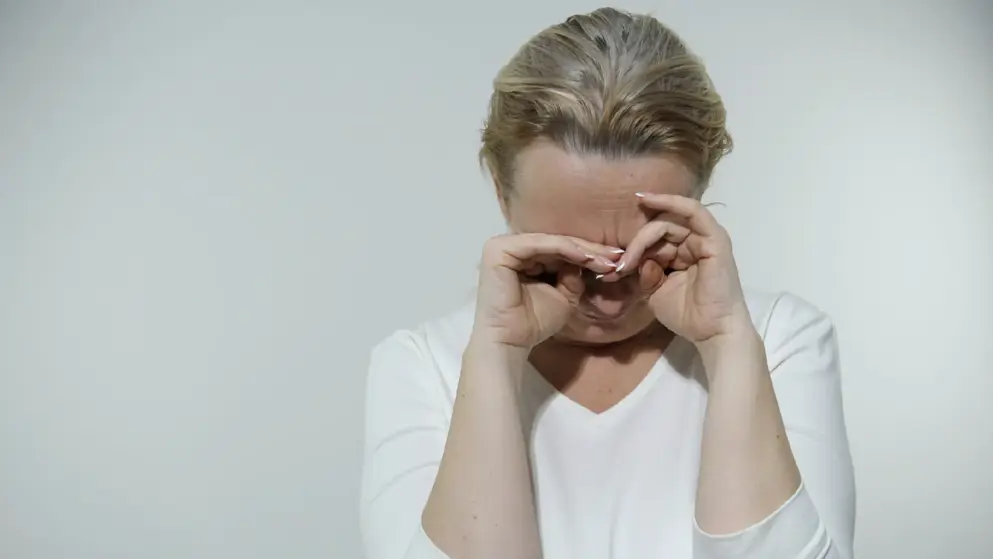
Topline results from SUMMIT phase III trial of STS 101 for the acute treatment of migraine
Satsuma Pharmaceuticals, Inc. , a clinical-stage biopharmaceutical company developing STS 101 (dihydroergotamine (DHE) nasal powder), a novel investigational therapeutic product candidate for the acute treatment of migraine,reported topline results from the STS 101 SUMMIT Phase III efficacy trial
Although topline data showed numerical differences in favor of STS 101 5.2 mg versus placebo on the pre-specified co-primary endpoints of freedom from pain and freedom from most bothersome symptom (from among photophobia, phonophobia and nausea) (MBS-free) at two hours post-administration, these differences did not achieve statistical significance (p-value <0.05). sts 101 did, however, demonstrate significant effects on both freedom-from-pain and mbs-free endpoints by three hours post-dose and at all subsequent timepoints at which efficacy was assessed (4, 6, 12, 24 and 48 hours).
In addition, STS 101 was statistically superior to placebo on multiple key secondary endpoints considered clinically relevant and recommended for assessment in acute-treatment-of-migraine efficacy trials by the FDA in its current industry guidance document and/or the International Headache Society’s guidelines for controlled trials: i. Proportion of subjects with pain relief at 2 hours post-dose (p=0.0017) and at all timepoints thereafter. ii. Proportion of subjects requiring rescue medication within 24 hours and 48 hours post-treatment (p<0.0001 and p="0.0001," respectively). iii. proportion of subjects with 24-hour sustained freedom from pain, i.e., the proportion of subjects who reported no headache pain at 2 hours post-dose who remained free from pain at all timepoints through 24 hours (p="0.0479)."
Consistent with clinical trial experience to date, STS 101 demonstrated a favorable safety and tolerability profile in SUMMIT. The only treatment-emergent adverse event reported by more than 5% of SUMMIT subjects who self-administered STS 101 was nasal discomfort, reported by 8.3% of subjects. No treatment-related serious adverse events or cardiovascular events occurred.
“We are surprised and disappointed that STS 101 did not demonstrate statistically significant superiority over placebo at two-hours post treatment on the SUMMIT study co-primary endpoints,” stated John Kollins, Satsuma’s President and Chief Executive Officer. “However, based on our interactions to date with the FDA, we believe the results from the STS 101 Phase 1 pharmacokinetic and ASCEND Phase III open-label, long-term safety trials will support the STS 101 NDA filing and marketing approval. A large proportion of people with migraine do not achieve sufficient and sustained relief with current treatments, and we believe that in total, the data from the STS 101 clinical program, in which more than 1,600 subjects treated more than 8,500 migraine attacks with more than 10,000 doses of STS 101, demonstrate that STS 101 has a differentiated profile and may address the unmet needs of many patients.”
In addition, Satsuma announced that it does not plan to invest in commercializing STS 101 and will actively explore alternatives to maximize value for shareholders, while minimizing cash expenditures.

